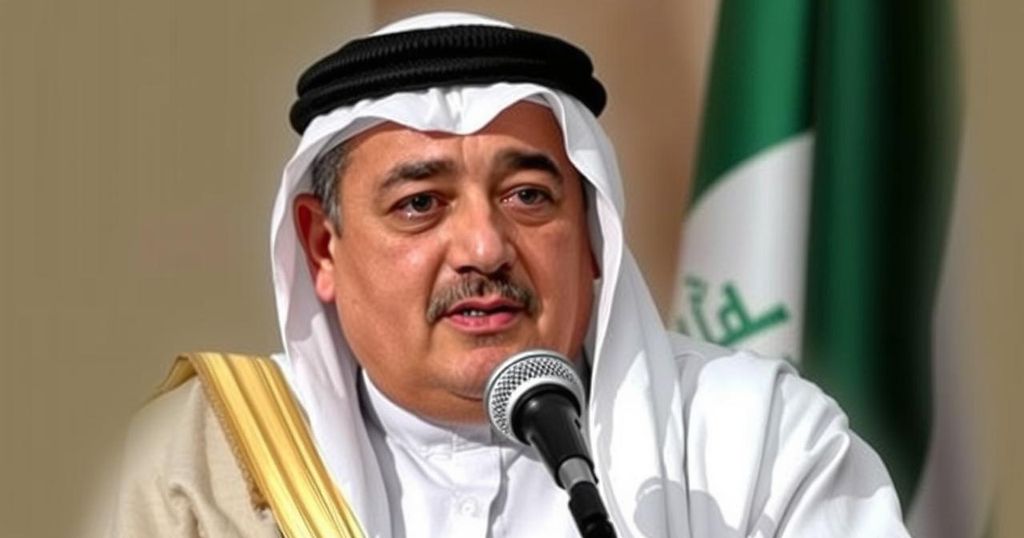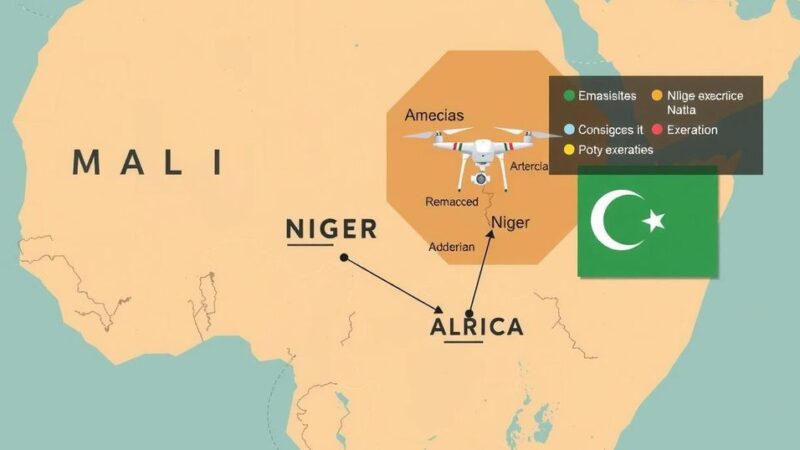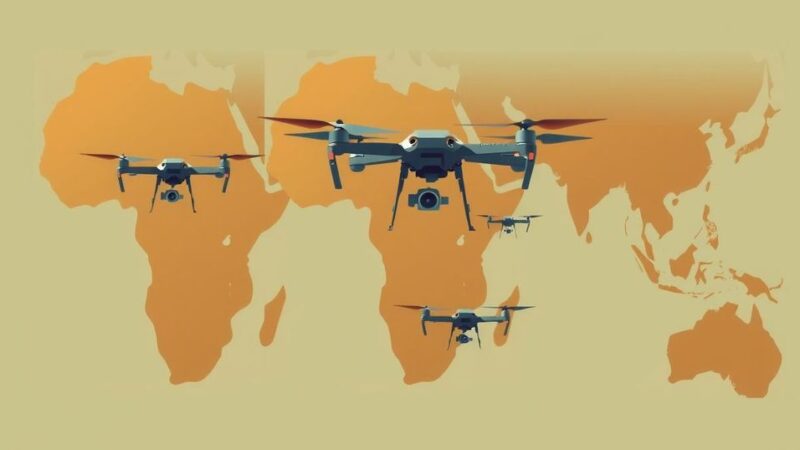Salman Al Khalidi’s recent extradition from Iraq to Kuwait has raised significant concerns regarding free speech and political tensions in the region. Facing multiple charges in Kuwait, Al Khalidi’s supporters argue that his situation symbolizes a broader struggle for civil liberties in the Middle East. This incident highlights the complicated diplomatic relationship between Iraq and Kuwait and its impact on regional stability.
The extradition of Salman Al Khalidi from Iraq to Kuwait has sparked significant discussions on the implications for freedom of speech and regional diplomacy. Al Khalidi, a vocal critic of government policies, is facing legal repercussions in Kuwait, where he has been accused of multiple offenses, including insulting public officials. Supporters perceive this extradition as an attack on free speech, placing pressure on Iraq-Kuwait relations and igniting broader discussions about the treatment of dissenting voices in the Arab world. His case exemplifies the ongoing struggle for civil liberties and may lead to increasing tensions within the region as advocacy for human rights continues to evolve.
Salman Al Khalidi’s extradition comes after he faced eleven charges in Kuwait that raised alarms regarding the limits imposed on free speech in the Middle East. The charges included insulting state officials and undermining national security, actions which have made him a contentious figure symbolizing the fight for expression within an environment often hostile to dissent. This incident serves as a critical lens through which the political atmosphere between Iraq and Kuwait can be evaluated, notably in light of Al Khalidi’s advocacy and the subsequent backlash.
In conclusion, the case of Salman Al Khalidi underscores the fragile state of free speech in the Middle East and the complex diplomatic relationship between Iraq and Kuwait. It raises essential questions about governmental powers to stifle criticism and the far-reaching implications for regional stability. As Al Khalidi’s situation unfolds, it will be imperative to monitor its influence on public discourse and the movements advocating for human rights within the Arab world.
Original Source: m.economictimes.com






